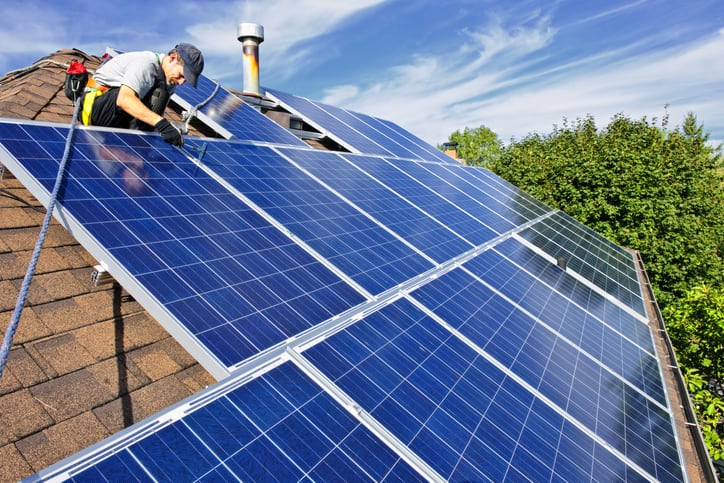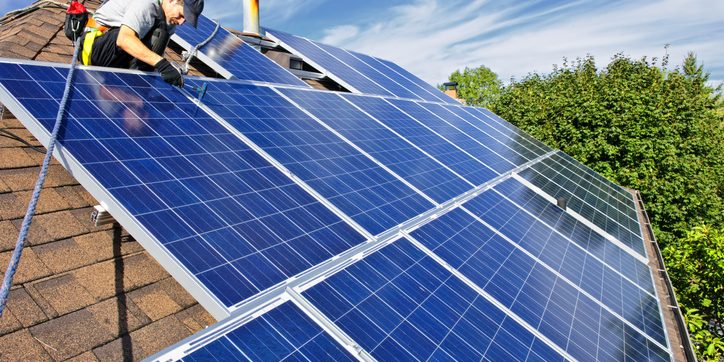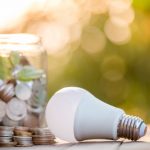
Every solar company has a variation of the same sales pitch, “did you know going solar can save thousands of dollars?” They make it sound so easy, but the truth is, whether solar is a smart long-term investment for you depends on a few major factors. So before you buy into the hype, we recommend you use this simple guide to cut through the sales jargon and determine if solar panels are actually worth the money.
As you start exploring your solar options, there are a few questions you can ask to help determine whether solar makes sense, including:
How much do you pay for electricity?
Your current electricity bill is the largest factor in determining how much you’ll save by installing solar. You pay your utility company for every kilowatt-hour (kWh) of electricity you use, and your rate varies significantly depending on where you live. In some parts of the country, you can pay as little as 8 cents per kWh; in others, you’ll pay 20 cents or more.
When you go solar, you effectively install a mini power plant on your roof to replace the power plant where your utility gets its electricity. That means homeowners with high electricity rates from their utility are the ones who save the most when they switch to home solar power.
How much does the solar panel system cost?
Installation prices will vary significantly depending on the solar company you choose and the equipment you install. While cheap solar panels might feel like the easiest way to save some cash, your total 20-year savings will often be higher if you invest in high-quality equipment. It’s worth taking some time to review all of your equipment options and find the right combination of price and quality for your home.
Don’t forget to research the solar incentives and rebates available where you live: they can reduce your net cost by 50 percent or even more. The federal government offers a 26 percent solar tax credit, and many states and municipalities have additional financial incentives for their residents. Some utilities even offer cash rebates to their customers to encourage them to go solar.
How are you financing your solar panel system?
Whether you choose to buy or lease your solar panels will have a major impact on your system’s long-term value. If you have enough to make a purchase in cash, you’ll save more than with any other option – but even with a $0-down solar loan, your savings could still be in the tens of thousands. While solar leases and power purchase agreements (PPAs) require no money down and promise a maintenance-free option, they come with a trade-off: your total savings will typically be just 10 to 30 percent of your utility electricity bill.





